What Happens When Alcoholics Relapse?
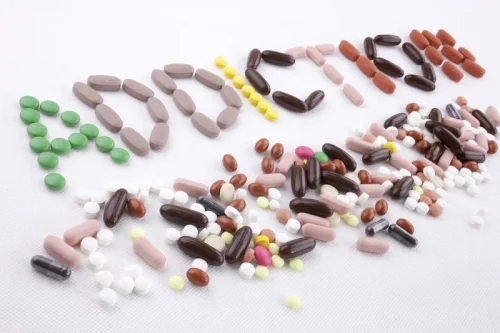
People in the termination stage have completed treatment and overcome their addiction. They are thriving in sobriety, free from cravings and temptations to drink. This post-treatment phase focuses on staying sober and sustaining the achievements made during treatment. The person is committed to changing negative behaviors and is taking steps to seek treatment and begin recovery. People at this stage won’t willingly seek treatment, but they may be sent to rehab. If PAWS is severe or if you’re experiencing prolonged symptoms, a medical professional can help you work through them and remain in recovery without relapse.
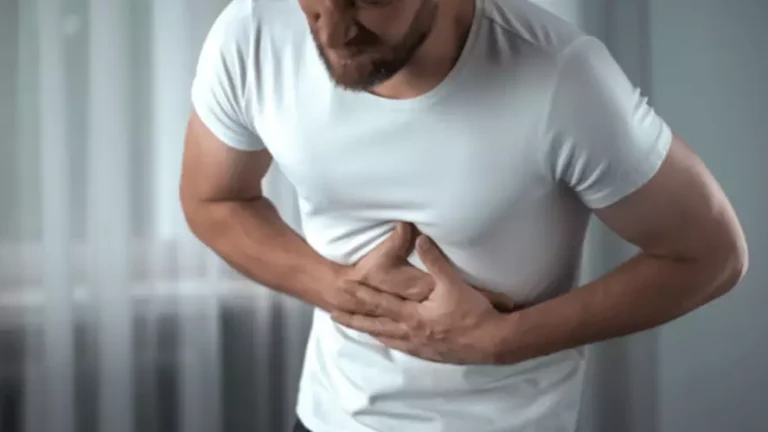
Medication-assisted treatment (MAT)
Post-acute withdrawal syndrome (PAWS) involves withdrawal symptoms that persist past the detox period. Such symptoms are often related to mood and may include irritability, https://ecosoberhouse.com/ anxiety, depression, sleep problems, and fatigue. We’re an affordable treatment center, based in Los Angeles, offering a range of support for those battling addiction.
- Ultimately, the consequences of drinking after achieving sobriety can be far-reaching, impacting not only your life but your loved ones as well.
- You may have heard about quick-fix methods that help you sober up faster than average.
- When someone you love or care for is in the throes of alcohol addiction, it can be uncomfortable and even nerve-wracking to walk alongside him or her during the path to recovery.
- Cocktails and non-alcoholic spirits are delicious and refreshing options, allowing individuals to participate in social events without compromising their sobriety.
Mitch’s Story of Overcoming Chronic Relapses
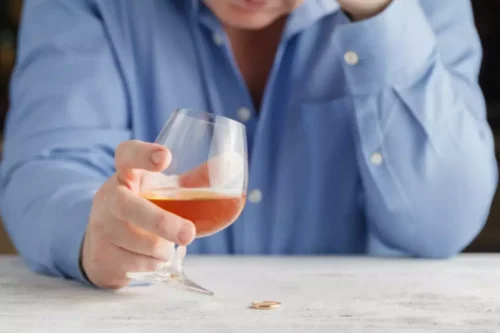
Naltrexone helps decrease total drinks consumed per day, cravings, and pleasurable effects of alcohol. Injectable Naltrexone (Vivitrol) injections are given once a month, providing a way to get beneficial effects for 30 days at a time. Patients can and do drink while taking naltrexone, but it is less pleasurable, and they also take Naltrexone to prevent or decrease anticipated likely drinking events. Enjoying drinks with friends can be a fun way to socialize and unwind, but it’s important to be aware of how long it takes to sober up after a night of drinking.
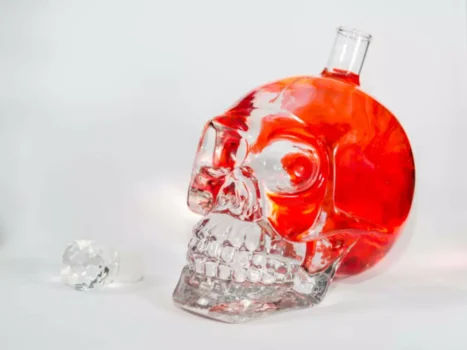
How Long Does Alcohol Stay in Your System?
- Alcohol withdrawal symptoms typically begin within eight hours after your last drink and peak within 24 to 72 hours but can continue for weeks.
- Habitual heavy drinking is genetically similar to AUD -an important risk for developing alcohol dependence.
- Sobriety can be a fixed-term goal like staying sober for a set period (such as Dry January), or a lifelong goal of staying sober from all substances.
- It can include a medically supervised detox, various forms of treatment including therapy and 12-step programs, and calling upon family, friends, and professionals for additional support.
Unfortunately, as an exception to the brain’s generalrestorative abilities, people who develop wet brain don’t recover in thisway. If you drink, make sure you get adequate thiamine to prevent drinking again after sobriety this irreversibledisease. In virtually all cases, no matter how severely alcohol-dulled you feel now, a few years of abstinence willalmost completely reverse this cognitive damage.
Social Withdrawal and Isolation
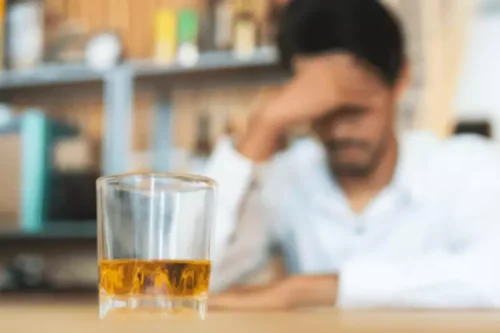
Step 3: Find the Right Treatment Program
- Over time, alcohol addiction causes a shift in the brain’s motivation to drink.
- This means that the tolerance the drinker used to have is much lower from not drinking.
- For many people—including most of our survey respondents—medication-assisted treatment opens the door to a better, healthier relationship with alcohol.
